
What does sustainability in coffee actually mean?
Specialty coffee, a niche market known for its exceptional quality and unique flavor profiles, has gained widespread recognition for its commitment to environmentally friendly farming methods and fair compensation for farmers. However, beneath the surface, questions remain about the true sustainability of this global industry. By examining both its weaknesses and strengths, we can gain a clearer understanding of the challenges and opportunities within the specialty coffee sector.
Table of Contents
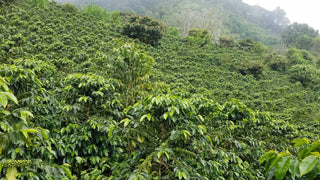
Environmental Impact
One of the fundamental principles of sustainability is reducing environmental harm. While specialty coffee may prioritize fair compensation for farmers, the environmental impact of shipping coffee beans globally is substantial. Coffee beans travel sizable distances, often on cargo ships known for their significant carbon footprint, contributing to greenhouse gas emissions and environmental harm. This reliance on maritime transportation challenges the industry's sustainability efforts.
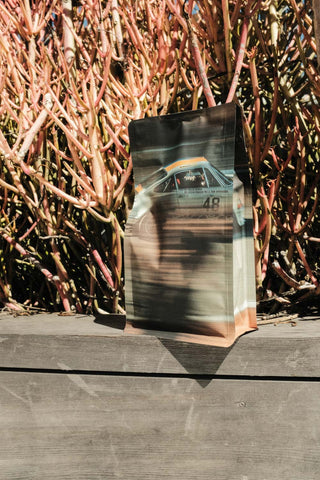
Packaging
The packaging of specialty coffee presents its own dilemma. While consumers may savor the aroma and flavor of their freshly packaged beans, single-use plastic packaging tarnishes the coffee industry’s sustainability image. This plastic packaging contributes to global plastic pollution, with thousands of tons being used annually in the coffee industry alone. Despite attempts at recycling, much of this plastic ends up in landfills or oceans, where it can generate methane gas or pose threats to marine life.
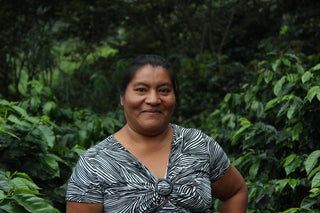
Labor Rights
When examining the sustainability of the coffee industry, it's essential to confront the labor rights violations and exploitation prevalent in many coffee-producing regions. In addition to environmental concerns, the specialty coffee industry also grapples with serious labor rights issues. Some workers endure harsh conditions, including prolonged hours under the sun, wages that fall below a living wage, and inadequate access to essential amenities like clean water and healthcare. These conditions exact a toll on the physical and mental well-being of coffee farmers and laborers, perpetuating a cycle of poverty and exploitation.
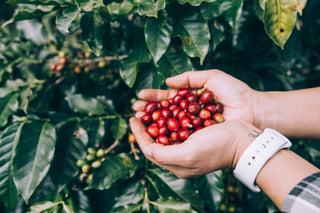
Growing Practices
Despite these challenges, specialty coffee embodies elements of sustainability that deserve recognition. The specialty coffee industry often advocates for environmentally friendly farming practices. A significant amount of coffee farms are transitioning to shade-grown coffee, which preserves biodiversity and protects ecosystems. Additionally, a considerable number of specialty coffee producers have embraced organic cultivation methods, diminishing the need for synthetic pesticides and fertilizers. These practices not only contribute positively to the environment but also improve the quality and flavor of the coffee.
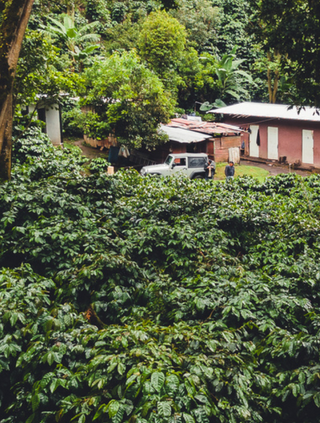
Innovation
Innovations in sustainability are also emerging within the specialty coffee sector. From carbon offsetting initiatives to alternative packaging solutions, stakeholders are exploring creative ways to minimize environmental impact and promote responsible consumption. For instance, some coffee companies are starting reforestation projects in coffee-growing areas. These companies team up with organizations to plant trees in places hit by deforestation, helping to balance out the carbon emissions that come from making and transporting coffee. By investing in reforestation, these companies restore ecosystems in coffee-growing communities.
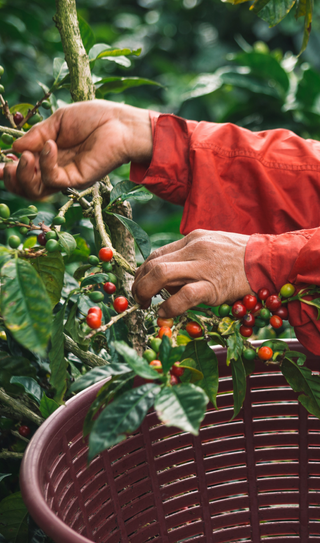
Compensation
The commitment to fair compensation for farmers should also be noted in specialty coffee’s sustainability efforts. Unlike conventional coffee markets, specialty coffee roasters prioritize paying farmers above-market prices. Many specialty coffee companies also engage in direct trade relationships with farmers, transparent supply chains, and community development initiatives, all contributing to developing stronger coffee-growing communities.
Conclusion
The sustainability of specialty coffee is complex and multifaceted. While it faces significant challenges, from carbon-intensive transportation to plastic pollution, it also embodies values of fairness, environmental responsibility, and innovation. By confronting these challenges and embracing a holistic approach to sustainability, the specialty coffee industry can continue to evolve. At the end of the day, any effort is better than no effort at all.







